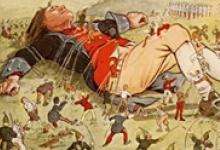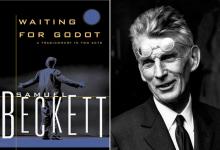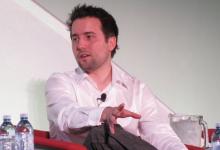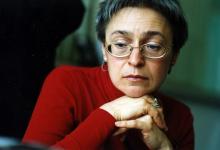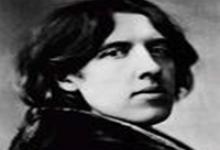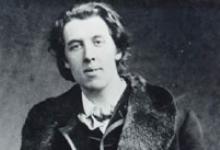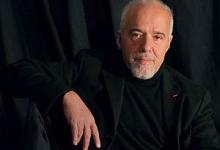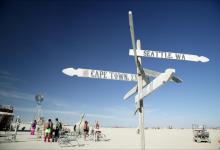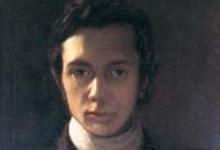The eternal sunshine of a far from spotless mind
John Martin's biography of Jonathan Swift is a brilliant dissection of the man who wrote Gulliver's Travels. By Edward O'Hare.
The Danish philosopher Kierkegaard once said that the life story of Jonathan Swift is an archetypal tale of human folly: in his youth he worked to build an insane asylum, in old age he was an inmate in one
But there was nothing normal about Swift’s life, as The Man Himself, John Martin’s rambunctious new biography shows.

